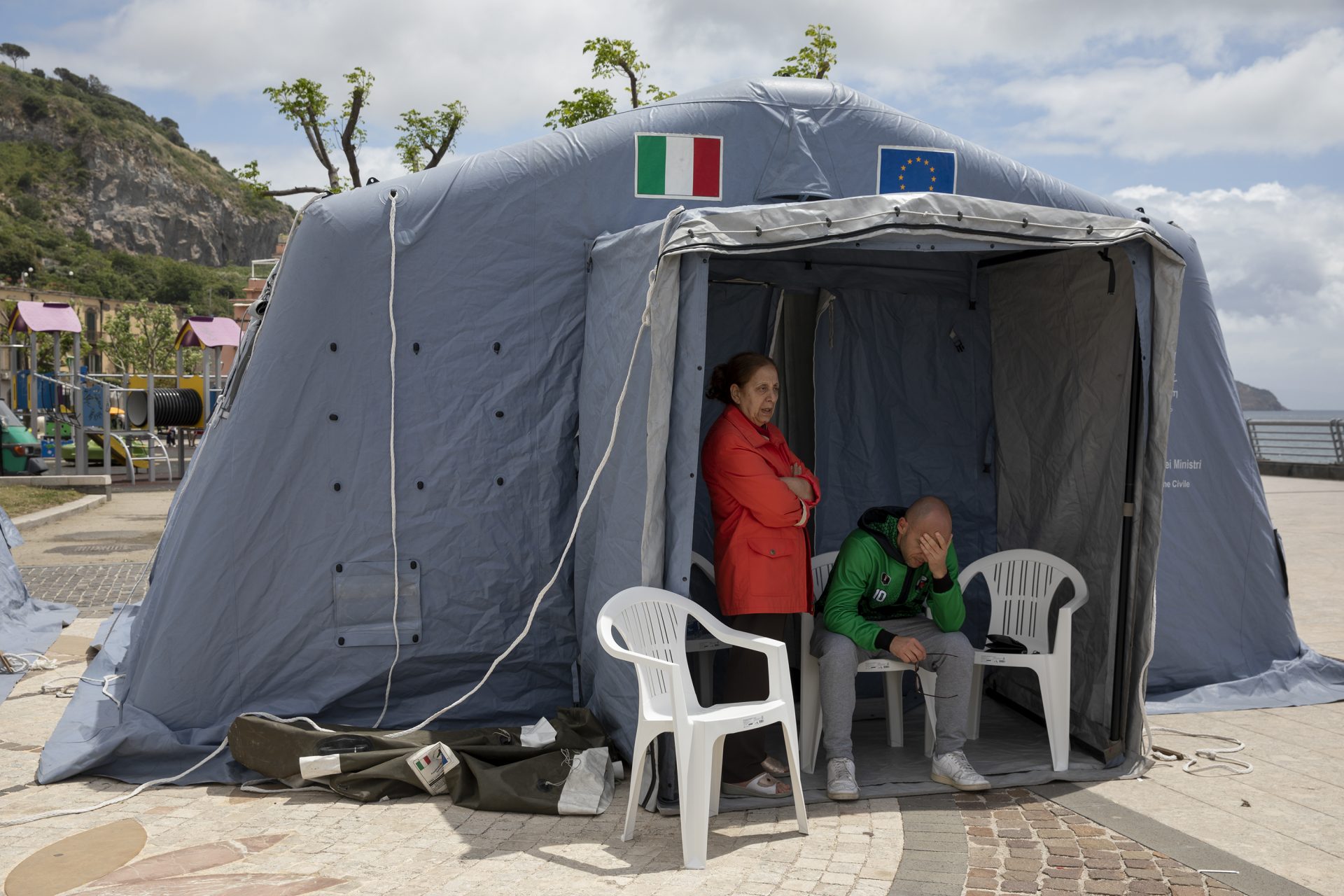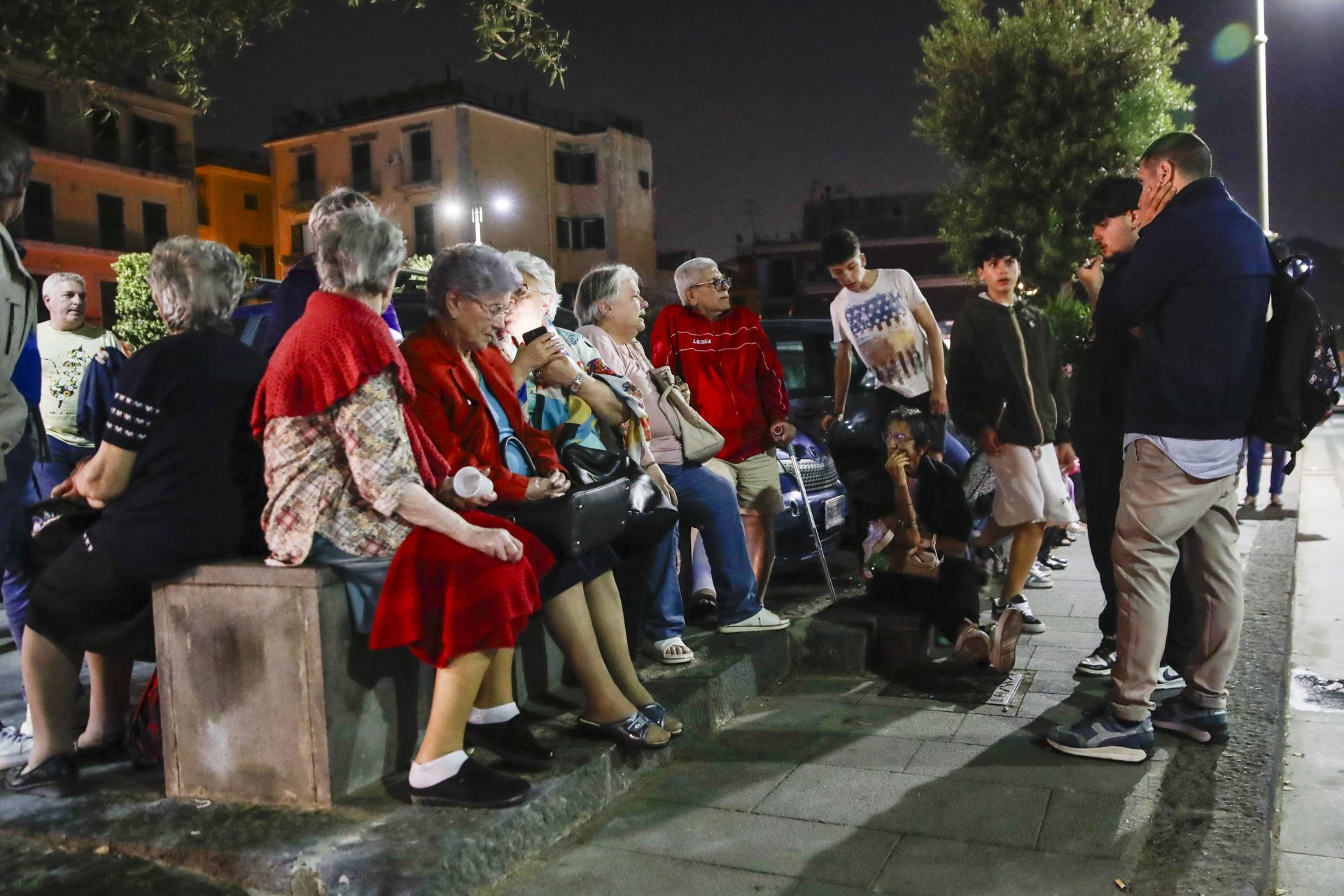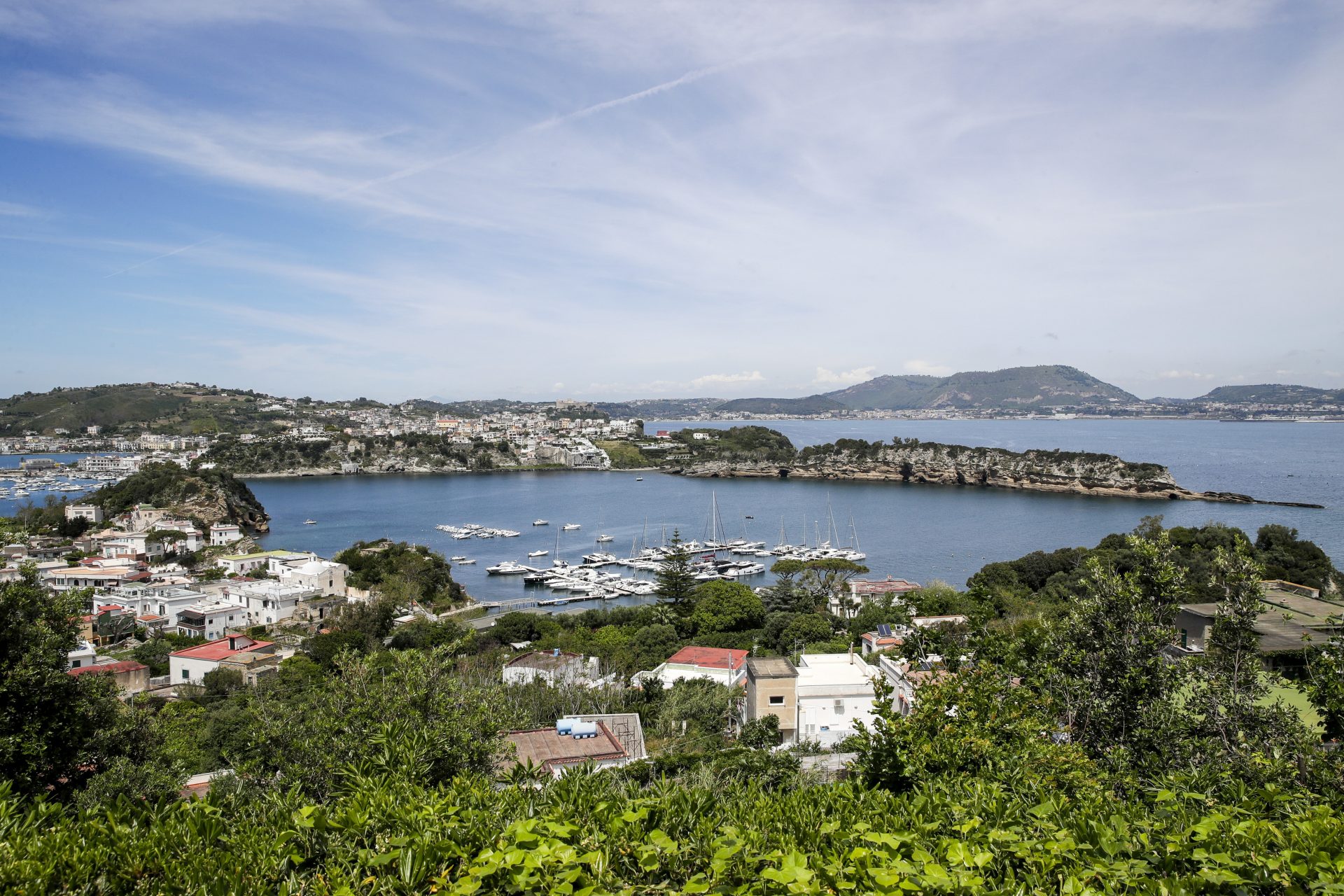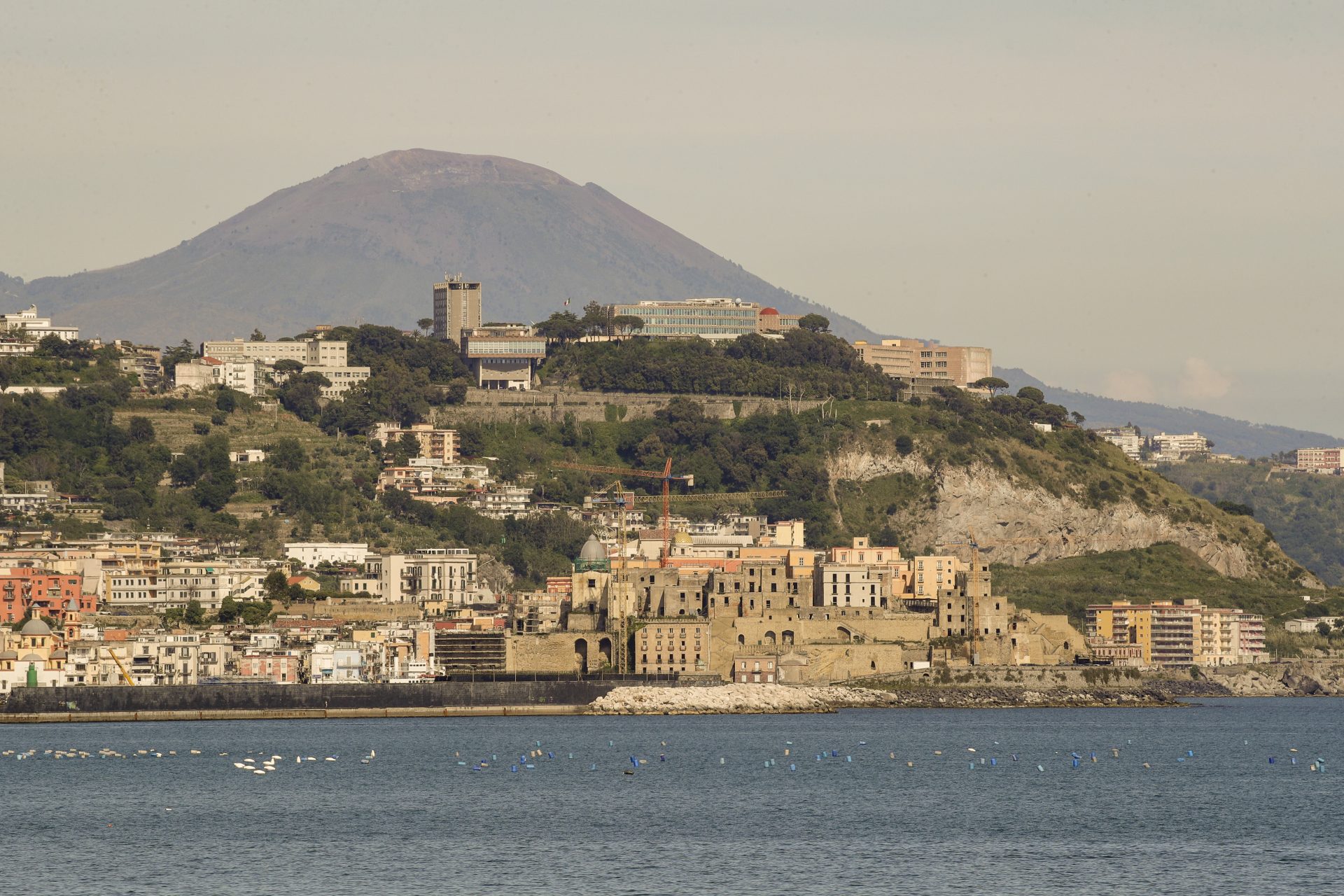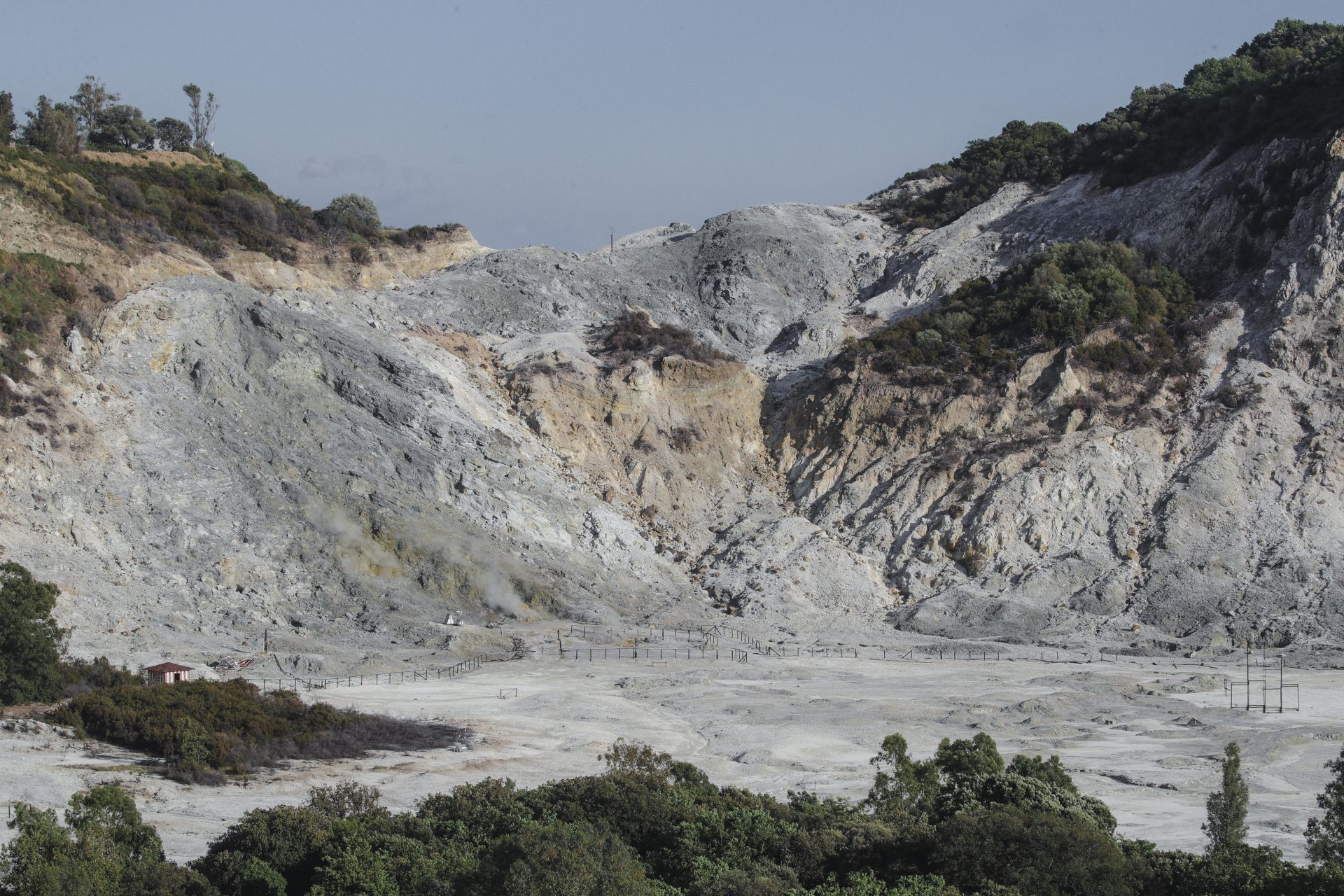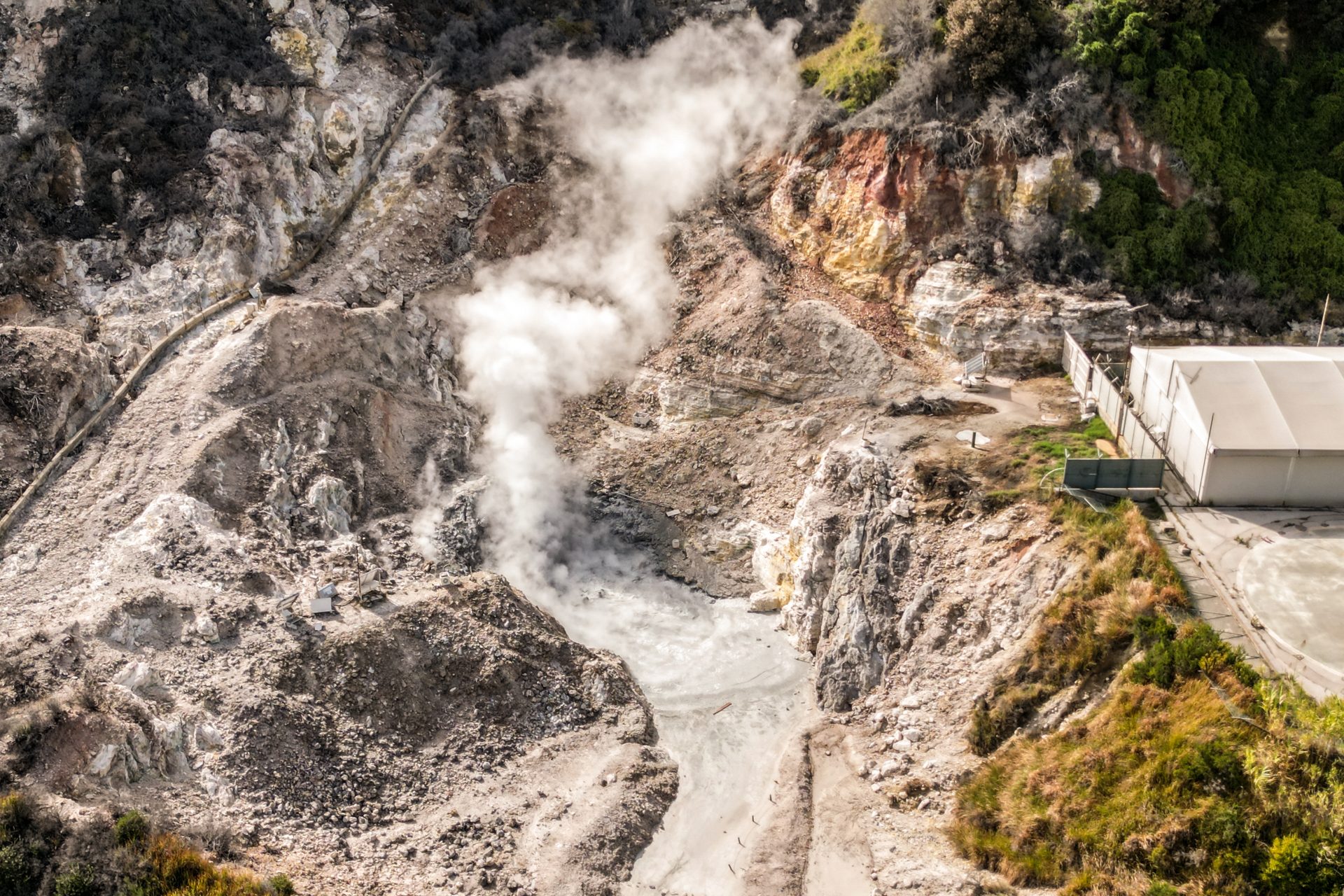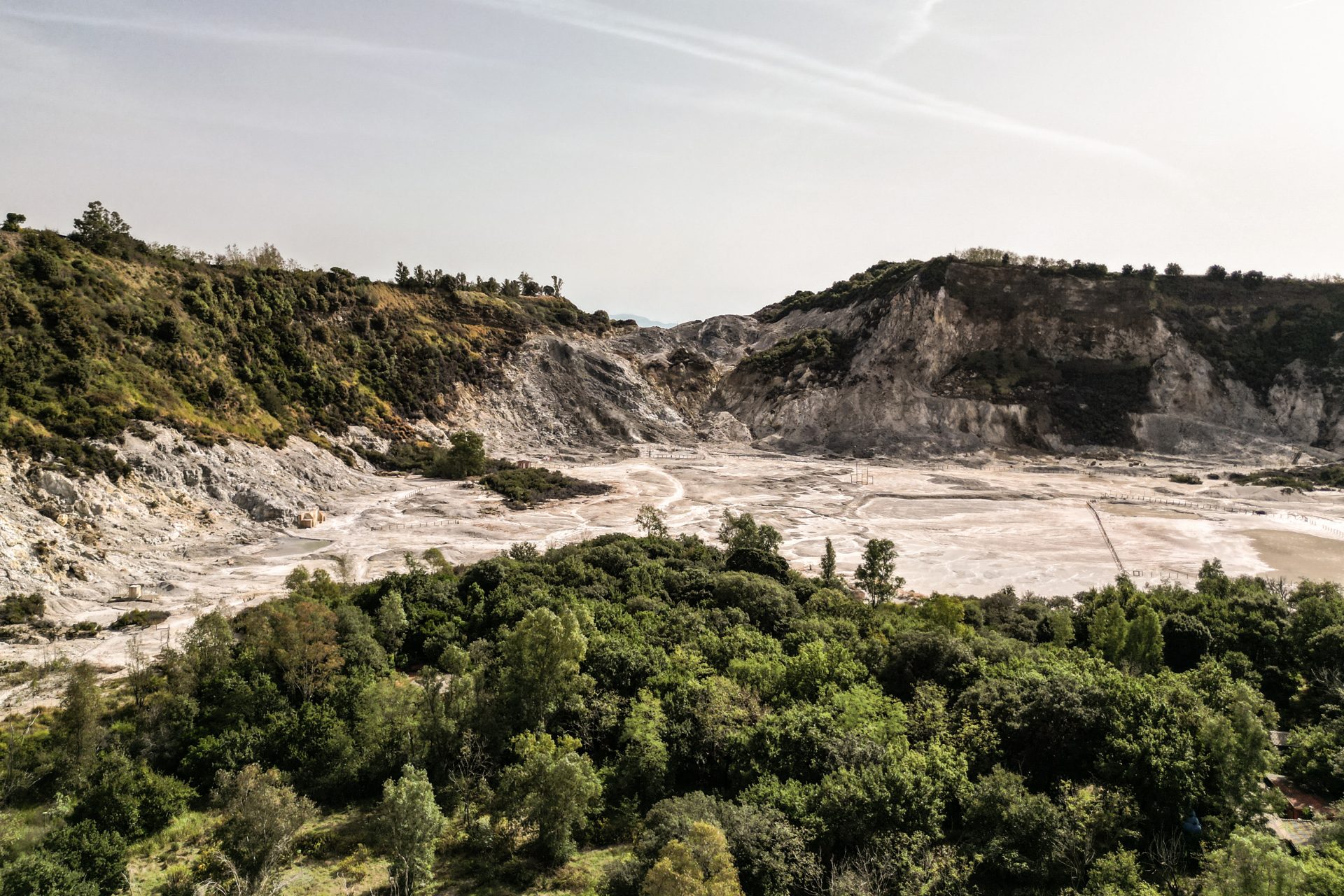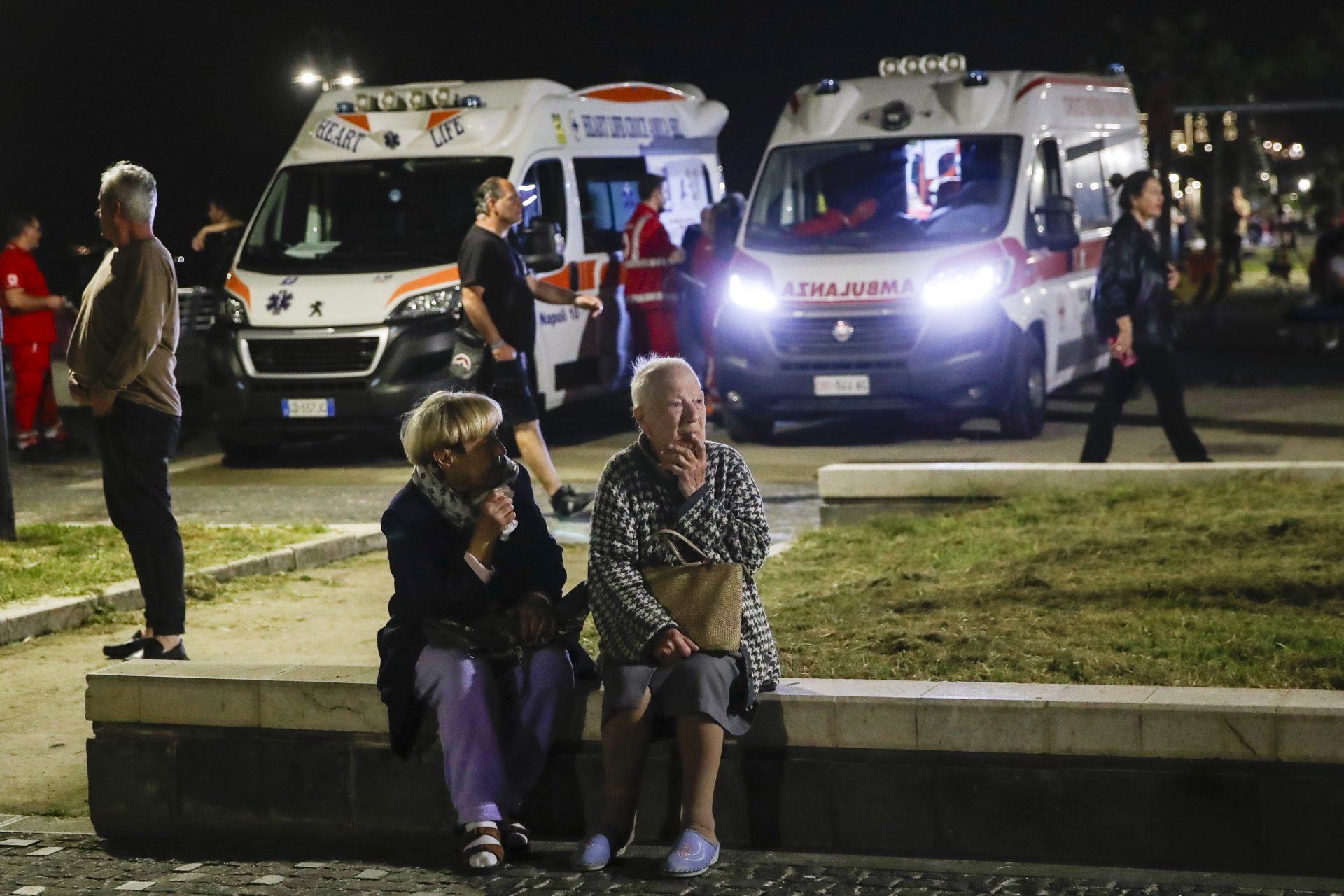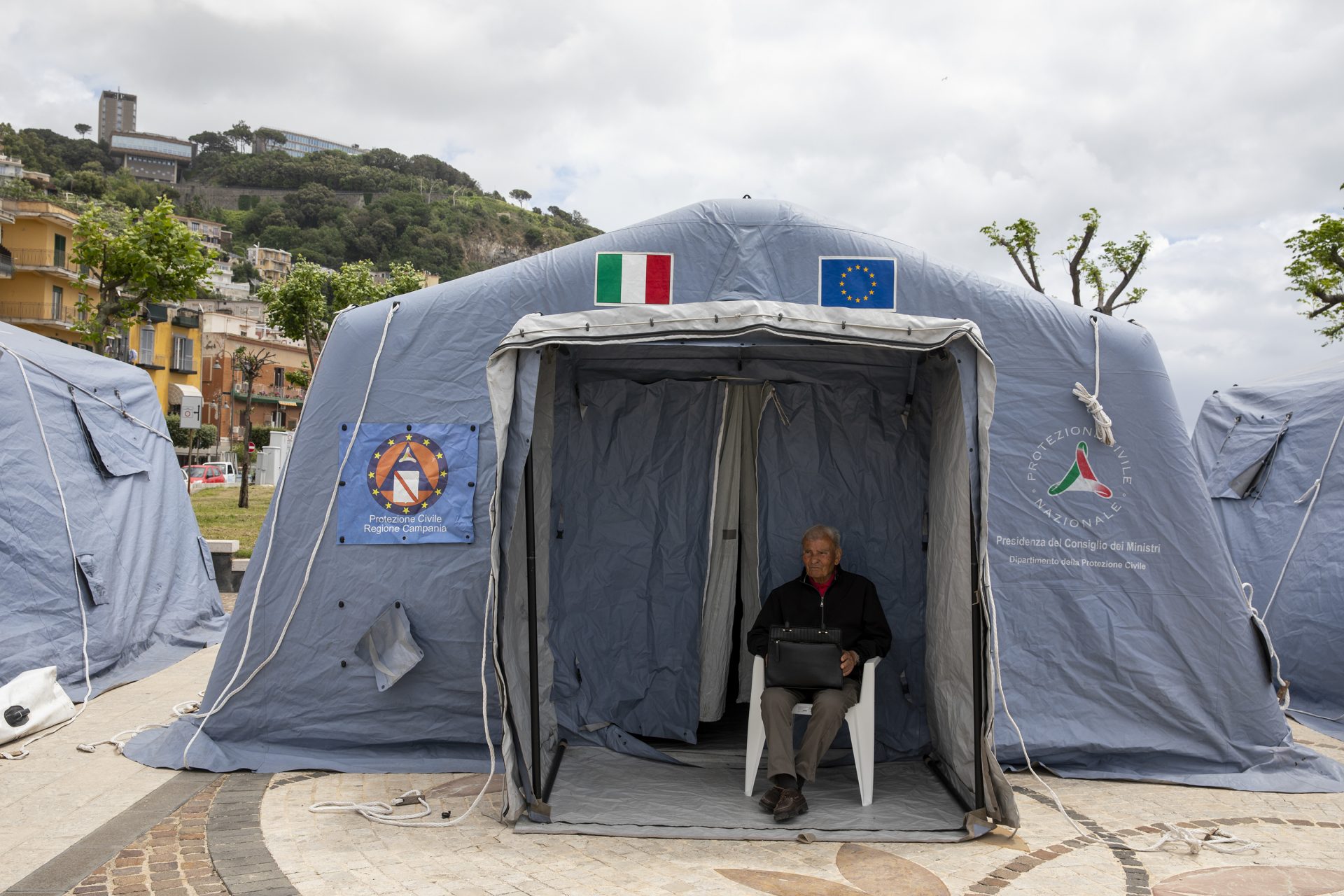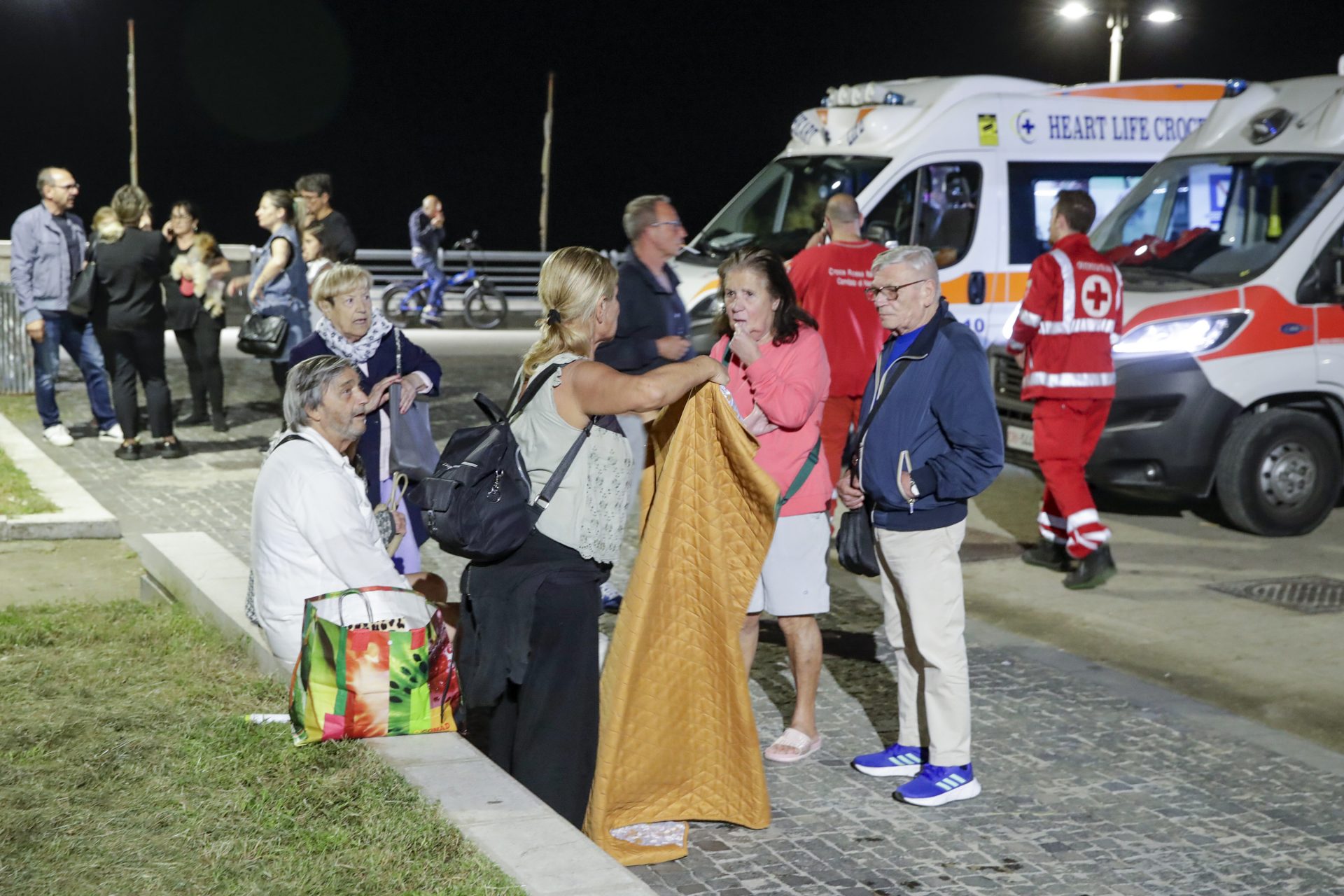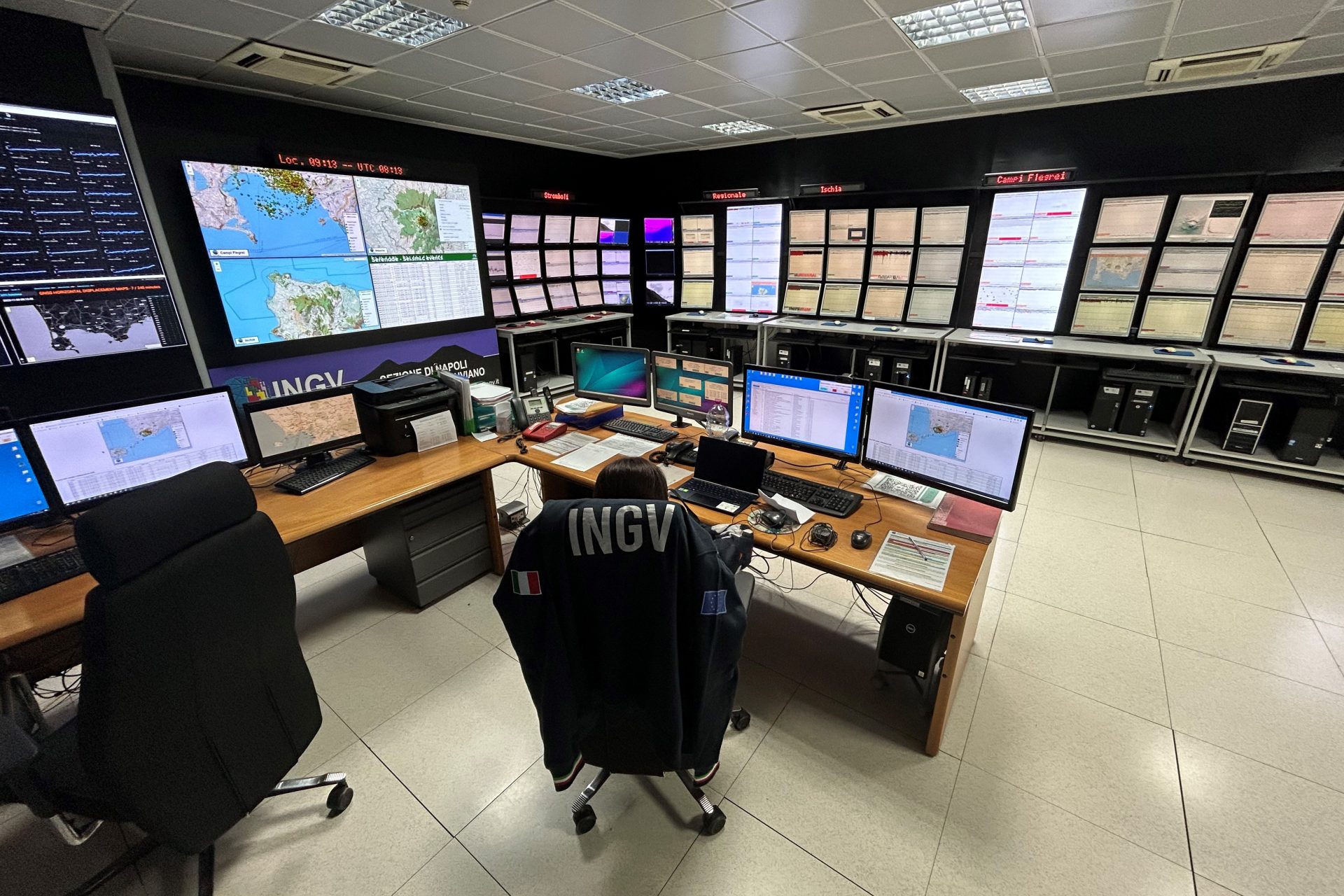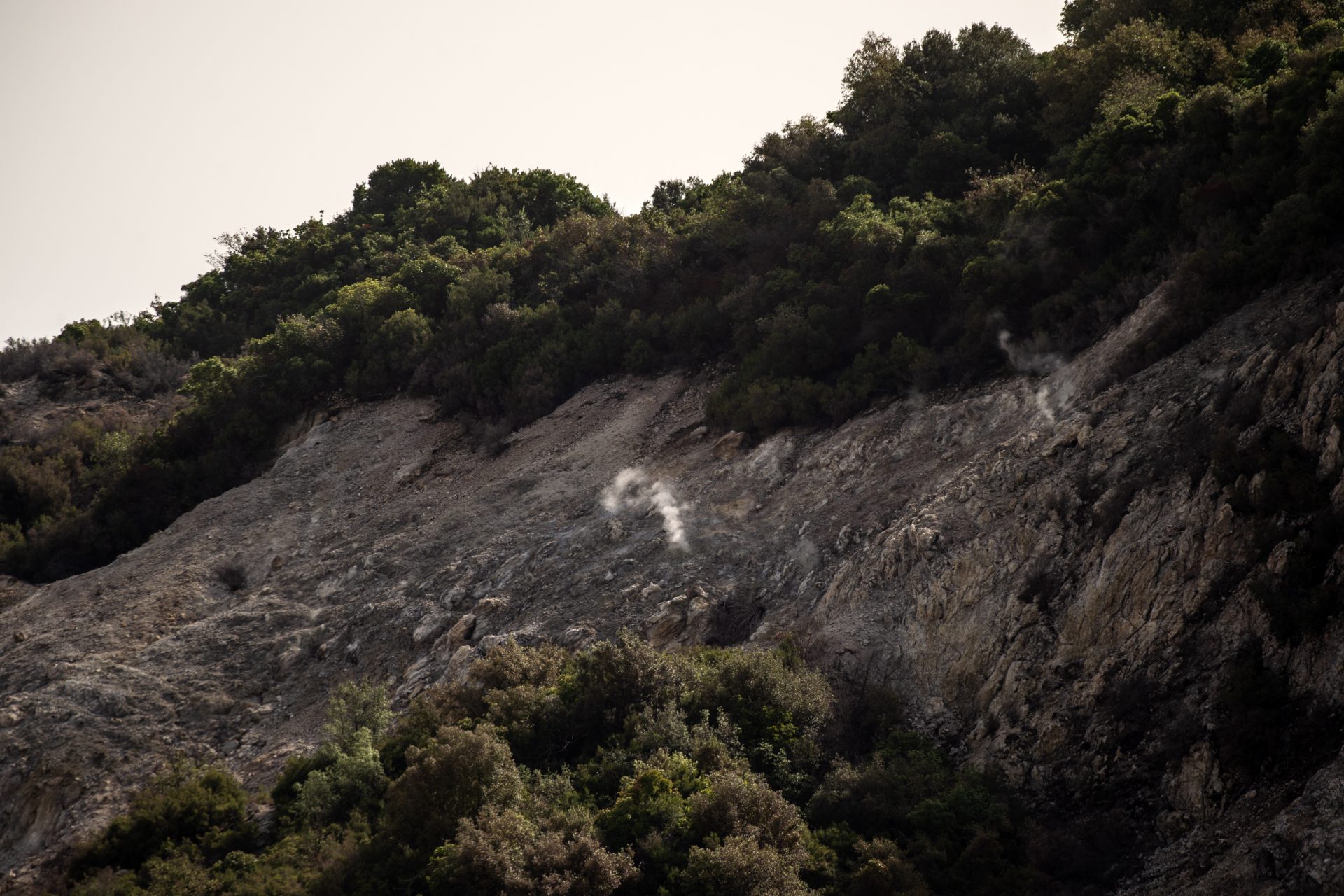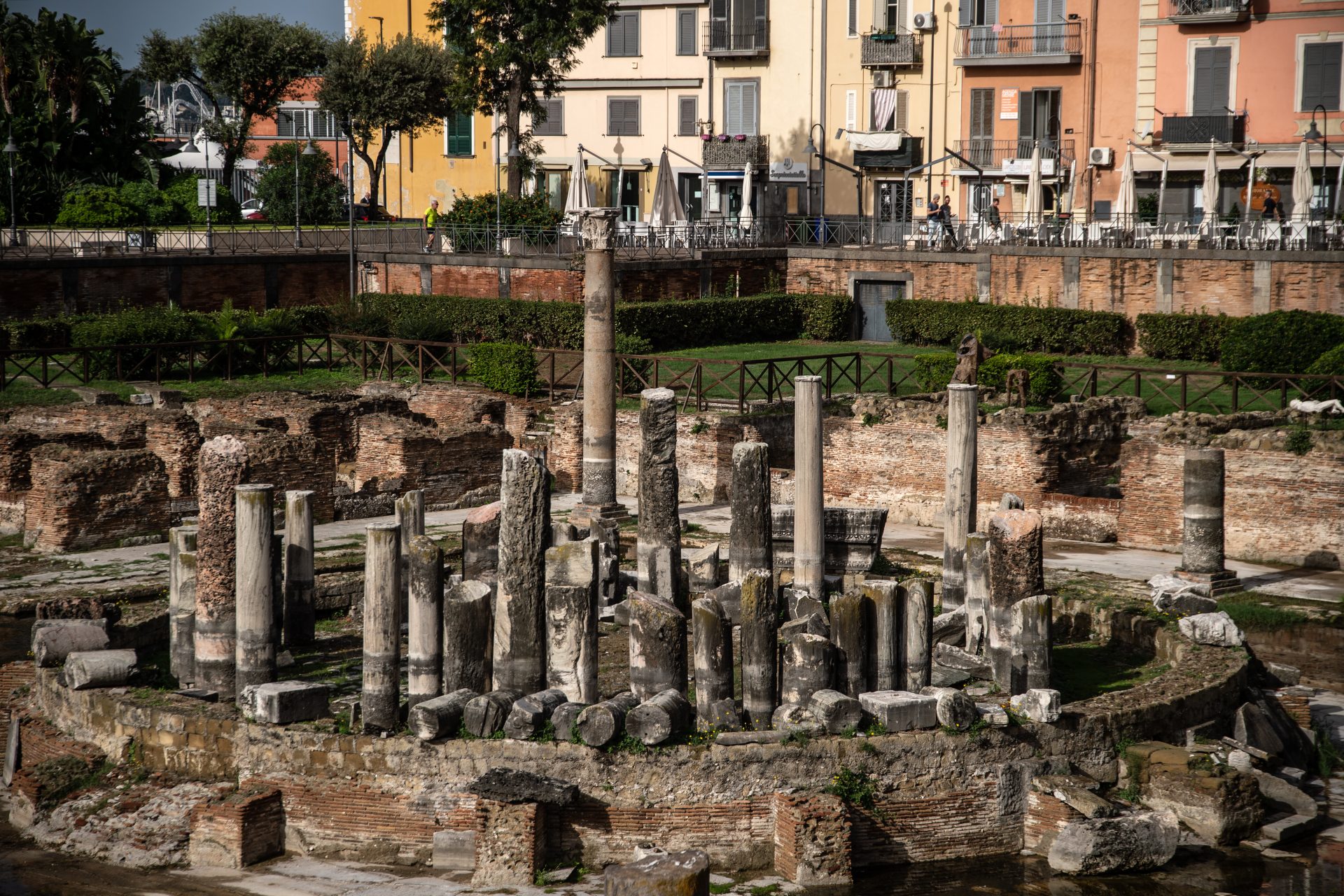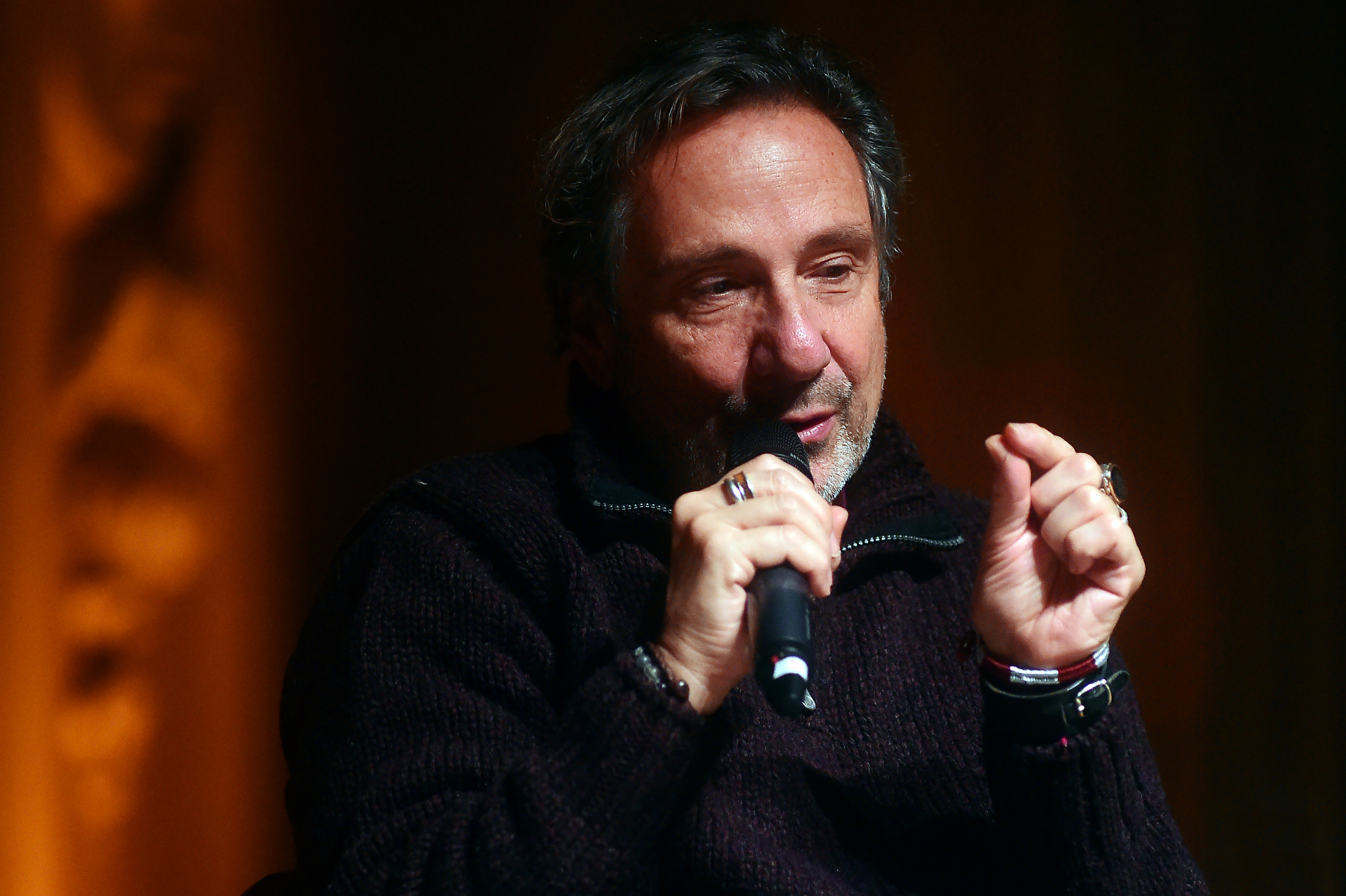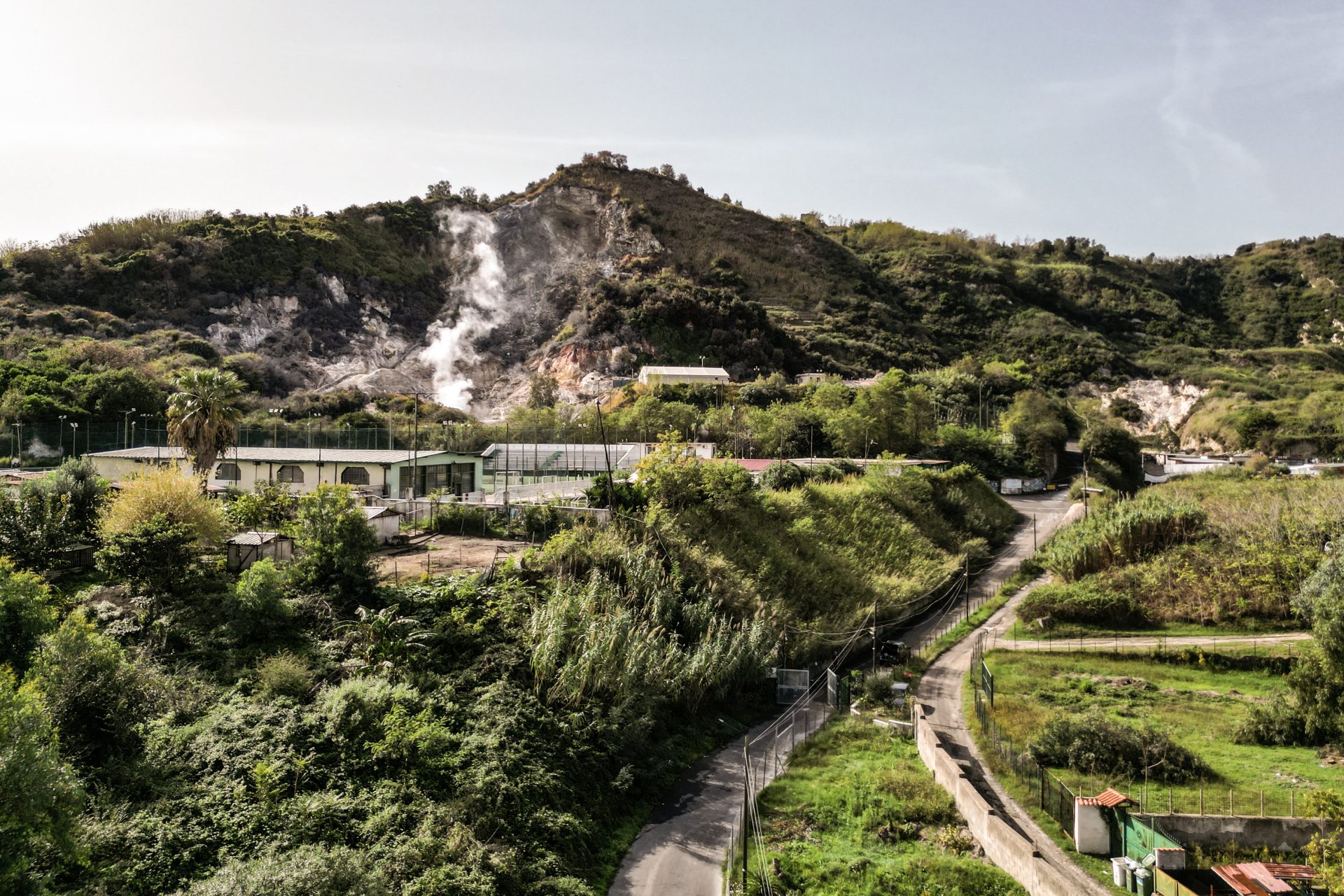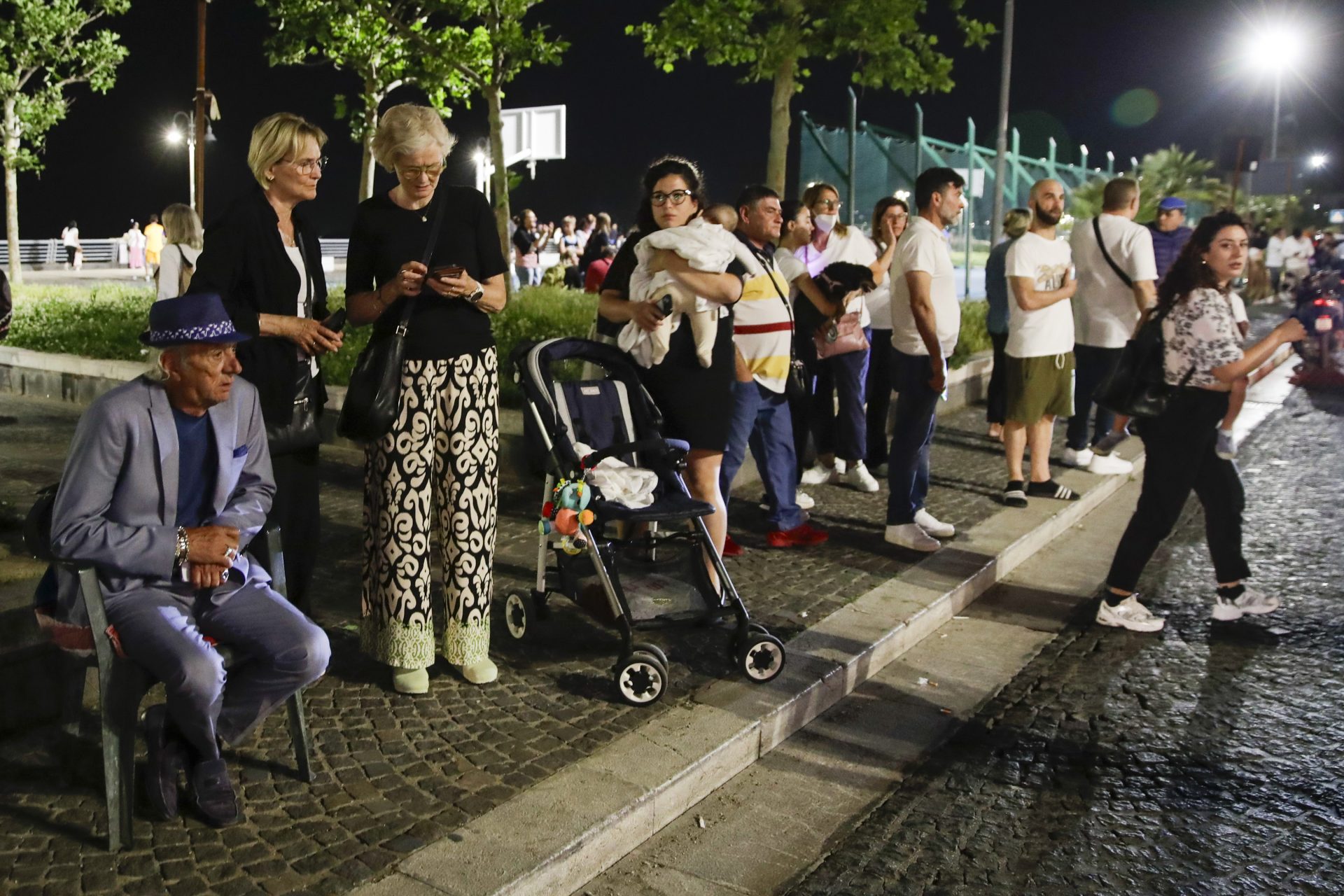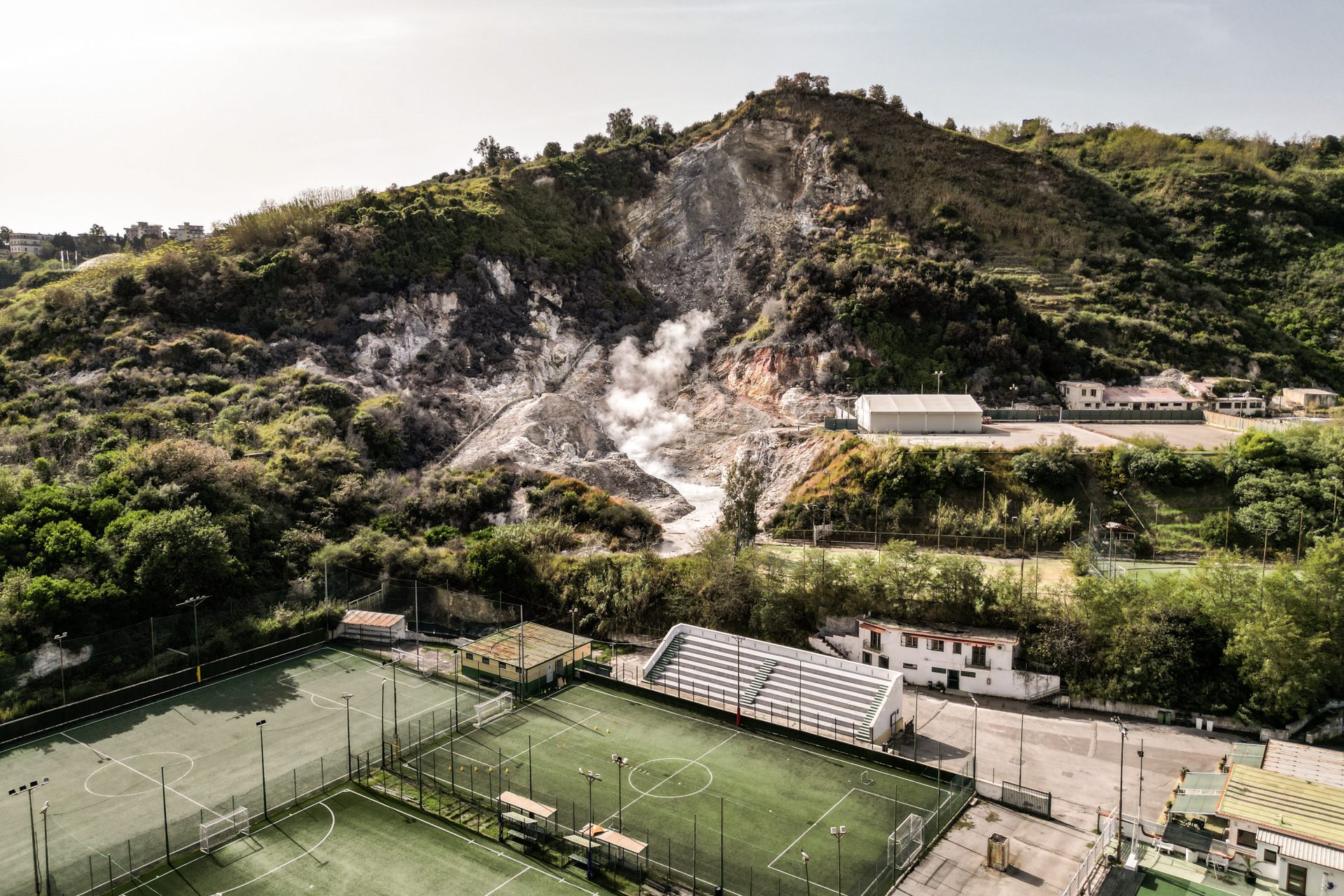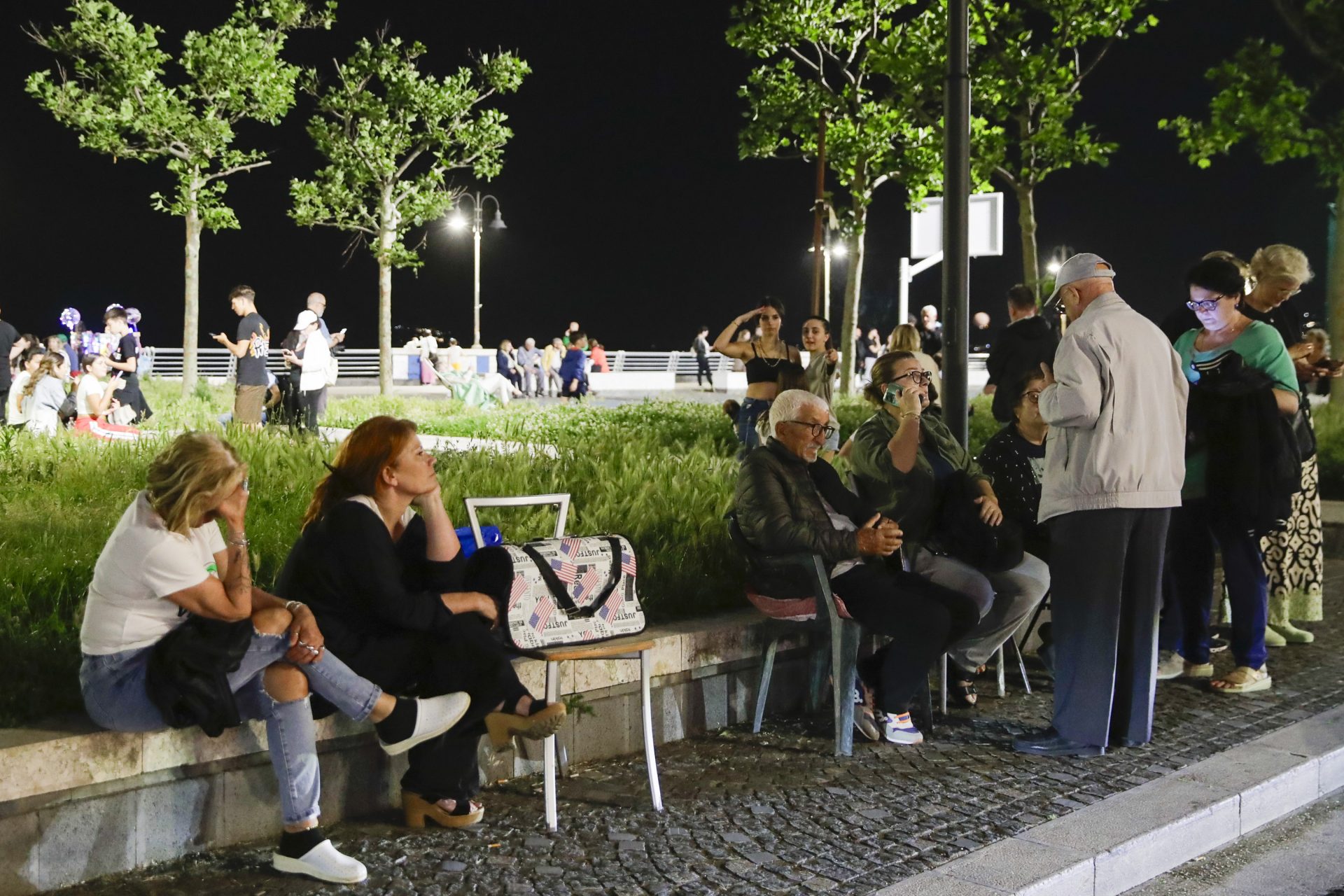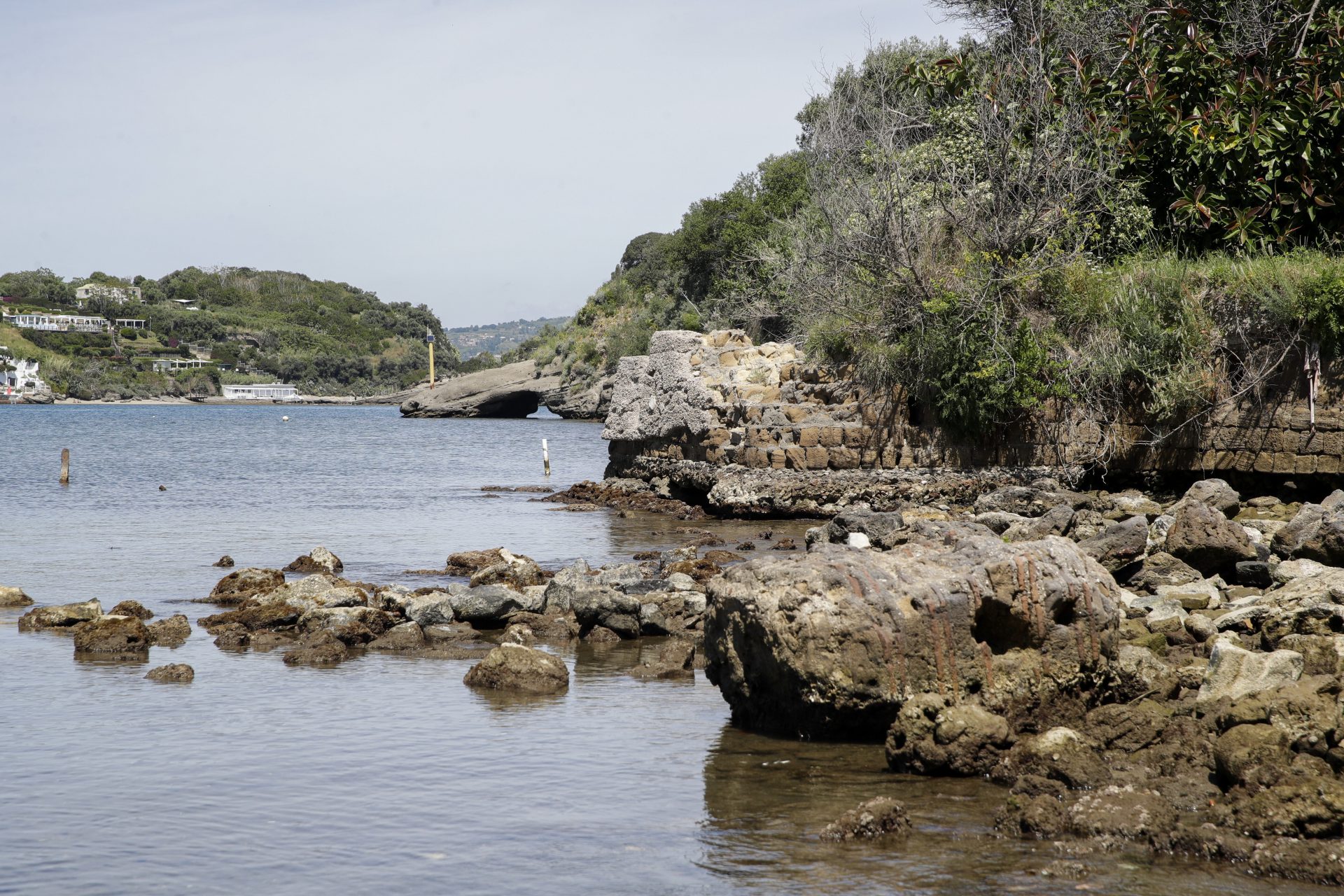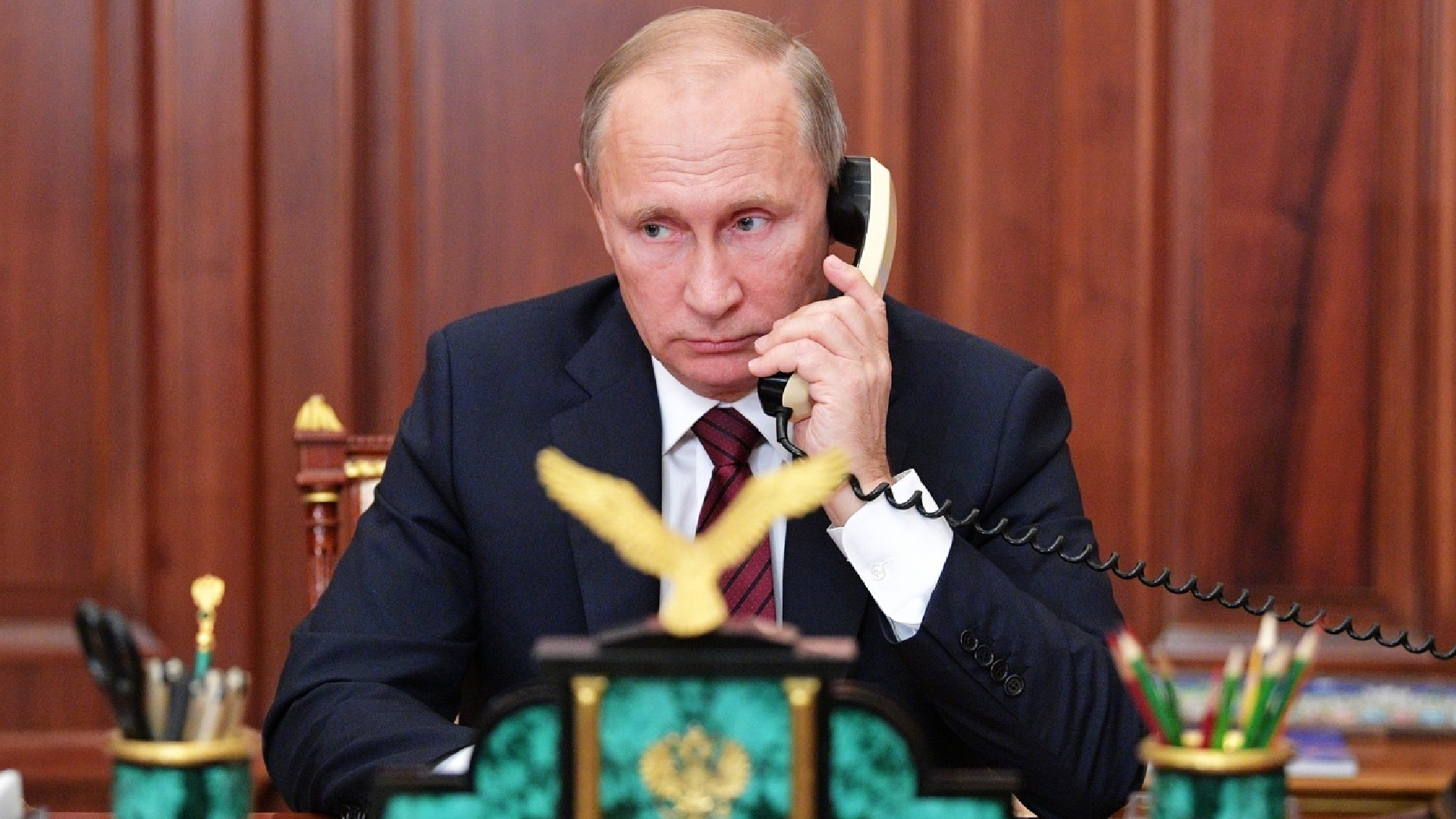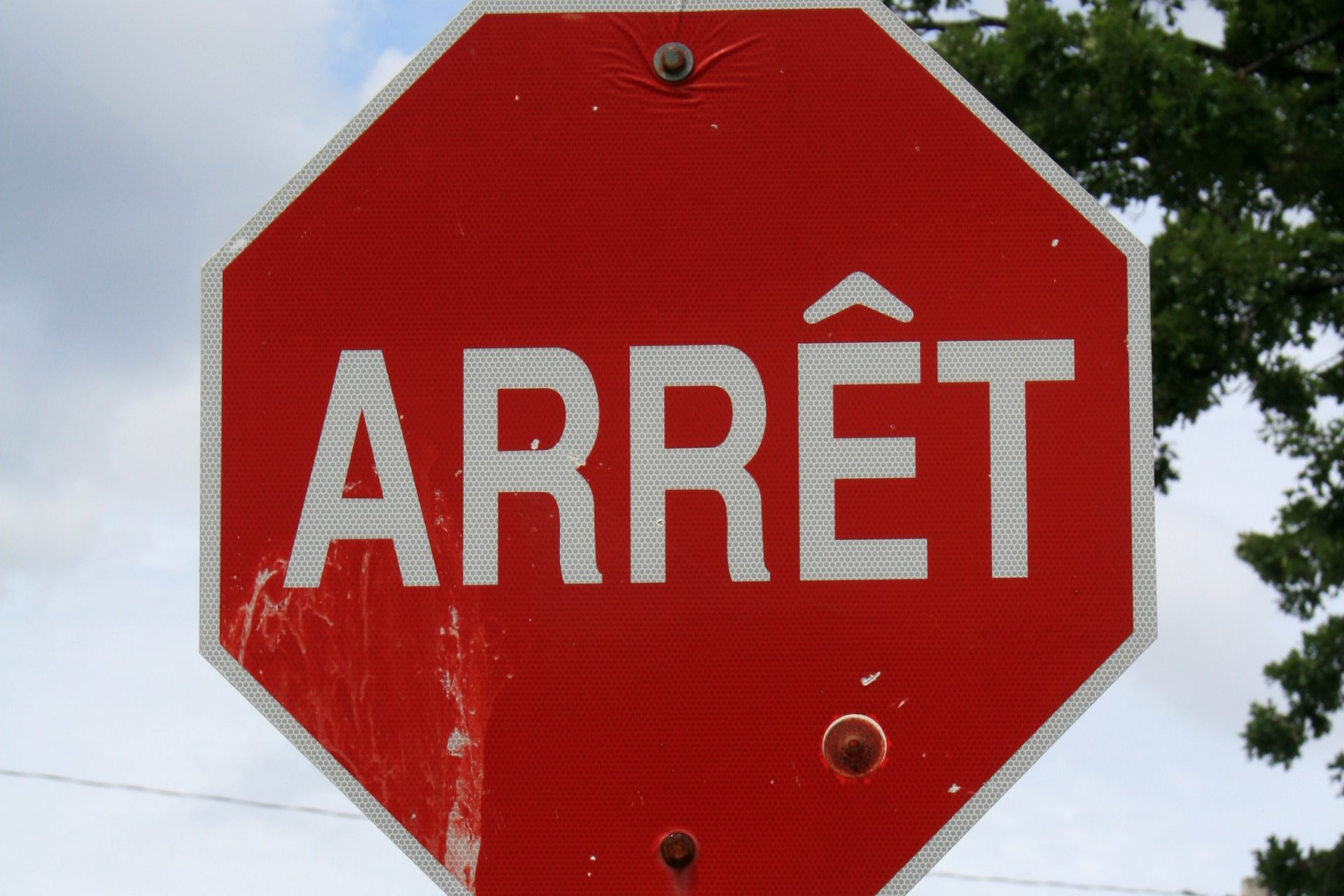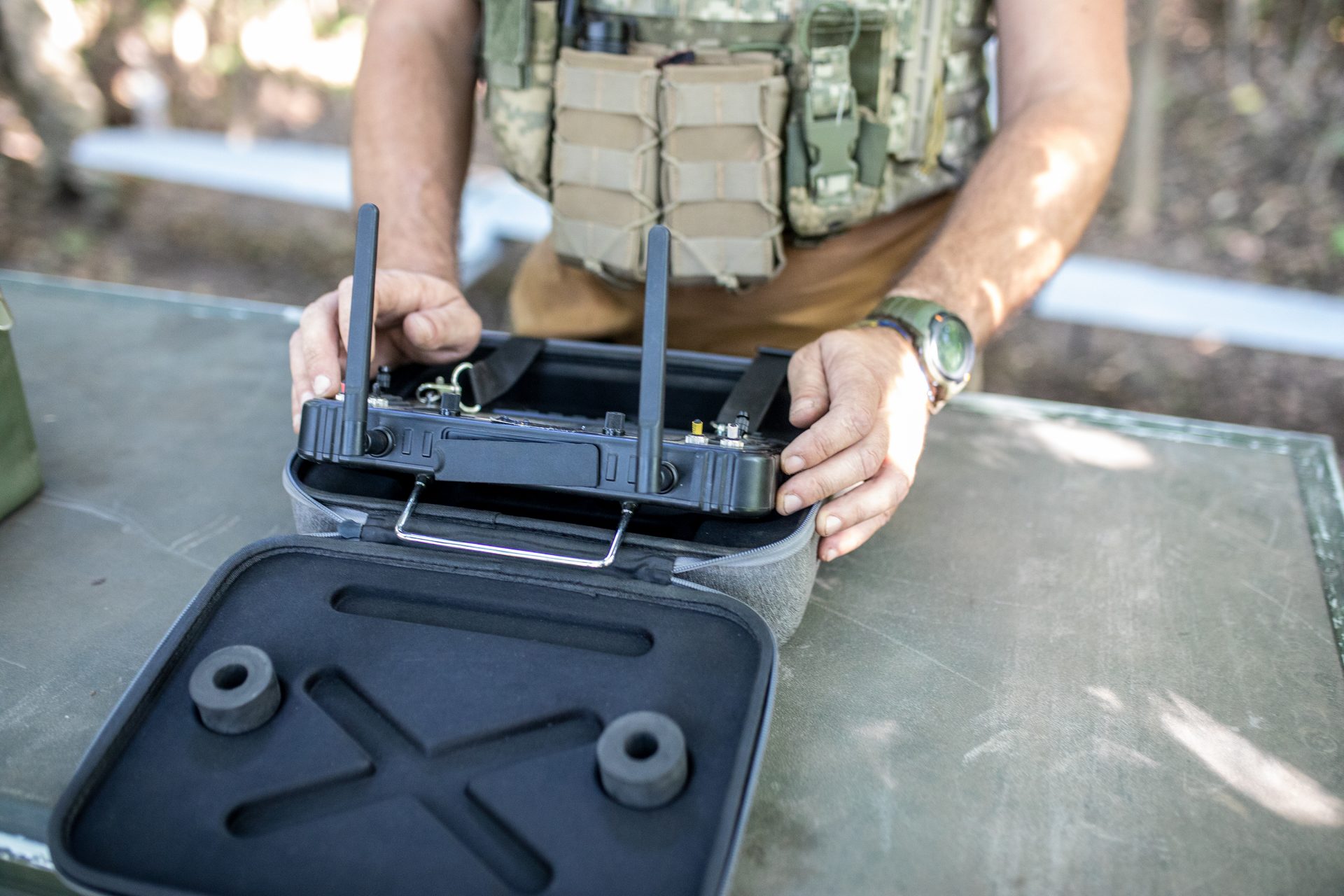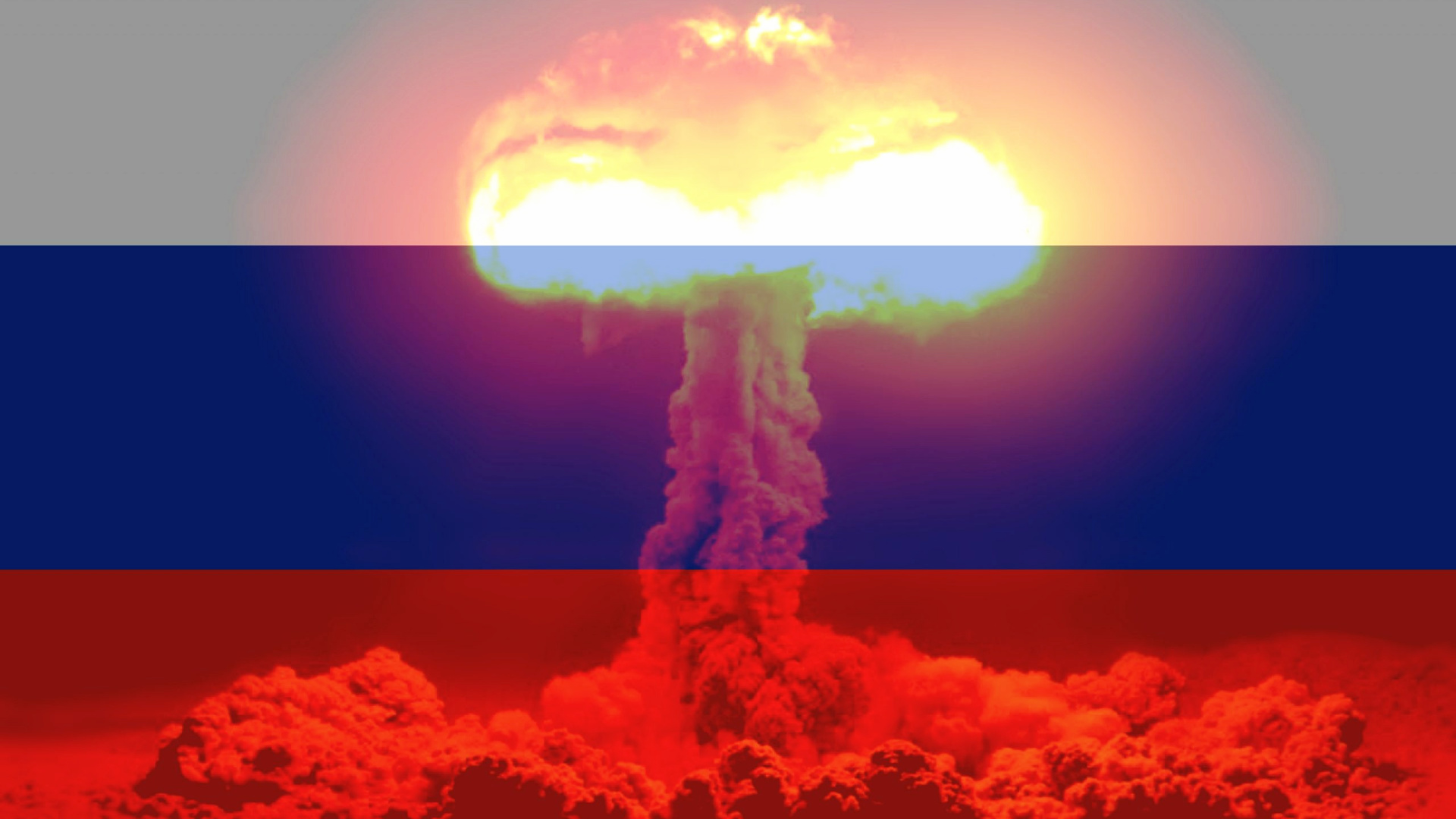Will one of Italy's largest volcanic regions experience eruptions?
Recently, people in Naples and towns near the Phlegraean Fields woke up with a 3.6° quake, adding to the 150 recorded in previous days.
Tension and concern in the whole area are high. Those are the most intense seismic events the Phlegraean Fields have experienced in the last forty years.
The Phlegraean Fields are an active volcanic region located west of Naples. It includes the territories of Bacoli, Monte di Procida, Pozzuoli, Quarto, Giugliano in Campania, and a portion of the city of Naples.
However, the recently active volcanic area is predominantly hilly. Unlike Vesuvius, a single volcanic cone, this area has several volcanic cores.
The area is a Caldera, a vast depression shaped like a cauldron that forms after a volcano erupts and empties its magma.
However, the main issue with the Phlegraean Fields is bradyseisms, the gradual raising or lowering of the ground, often associated with seismic events.
What worries citizens and seismologists the most is the presence of numerous craters that could resume eruptive activity, even simultaneously.
According to the Campania Region website, more than a million residents are at risk. Thanks to forecasting and prevention, authorities can reduce the hazard.
Still, the most recent bradyseism in the Phlegraean Fields was one of the most intense recorded in recent years. Civil Protection evacuated 46 families from the Pozzuoli area.
Both citizens and authorities are worried about the recent intense phenomenon because of a possible eruption. But is it possible? Here's what the experts say.
"It is one of the aspects we are monitoring with greater attention. We have not detected critical points," Mauro De Vito, director of the Vesuvius Observatory, told the local newspaper 'Corriere della Sera.'
Similar events were recorded between 1982 and 1984. During that period, the ground rose by nine centimeters a month, totaling 1.80 meters, as reported by Open Online.
A little more alarming, Mario Tozzi, in an interview with 'Quotidiano Nazionale' collected by Open Online, said that "the shocks are due to the tension of the earth's crust, because of the pressure created by something pushing from below."
"We do not know whether what pushes are hydrothermal fluids or magma. And the difference between the two hypotheses is important," Tozzi concluded.
According to the geologist, if magma is what's pushing, then we are facing a possible eruption. Still, since, according to current knowledge, the magma is 5,000 meters away, "we can be calm."
The geologist adds that what is taking place is probably another bradyseism crisis similar to the one that occurred in the 1980s. However, the problem of the citizens living in the area remains.
Tozzi continues: "It's as if thousands of people were sitting on a supervolcano, and instead of keeping it under control and attending, what do they do? They build a hospital, a racecourse, a military base, and a city of 80,000 inhabitants on top of it. That is a problem".
"The truth is that they should not have come to live there," Tozzi added. He believes it is absurd that the local administration has continued to allow construction in dangerous areas.
'Il Sole 24 Ore' reports that, according to the Italian National Institute of Geophysics and Volcanology, there could be other minor events. Still, the bradyseism is decreasing and gradually returning to normality.
More for you
Top Stories



